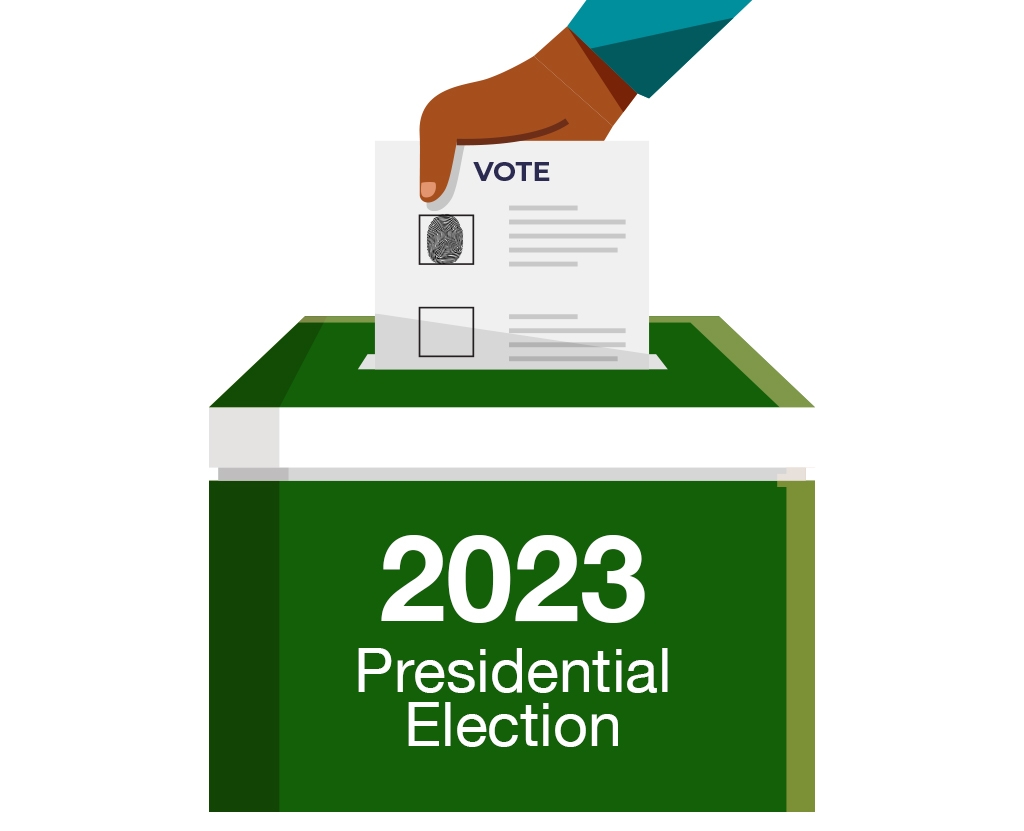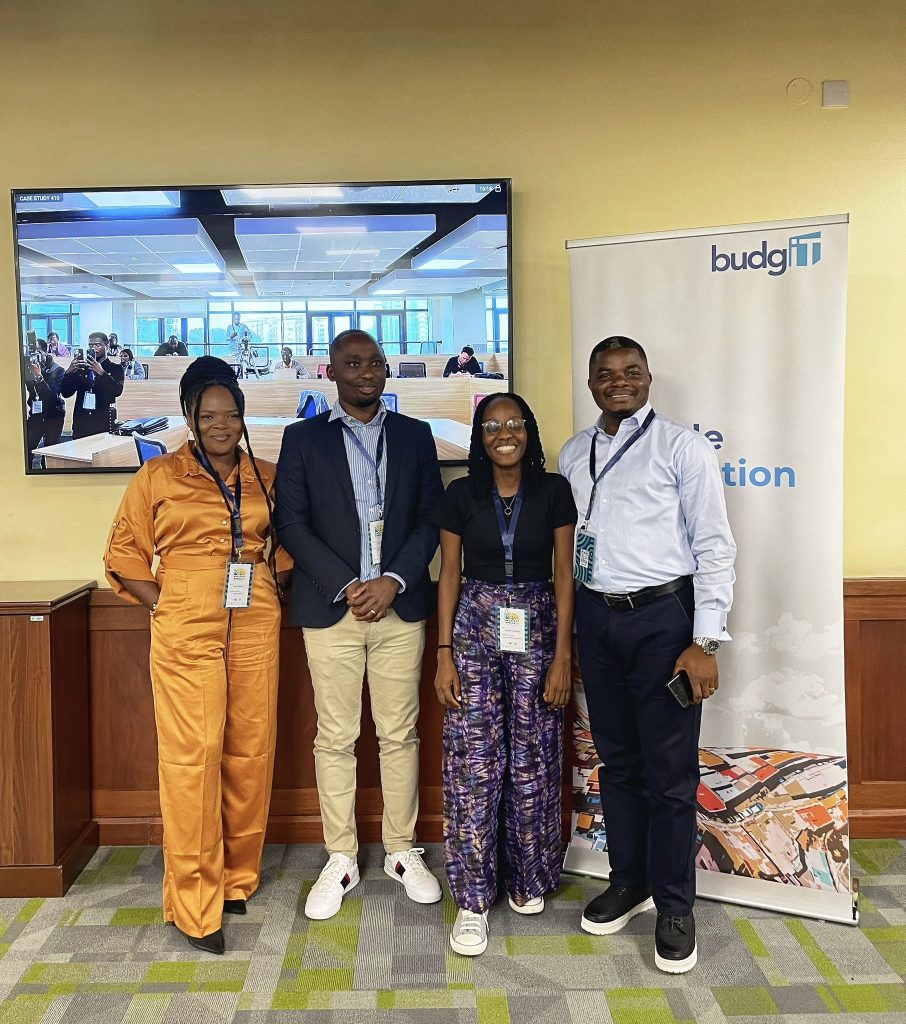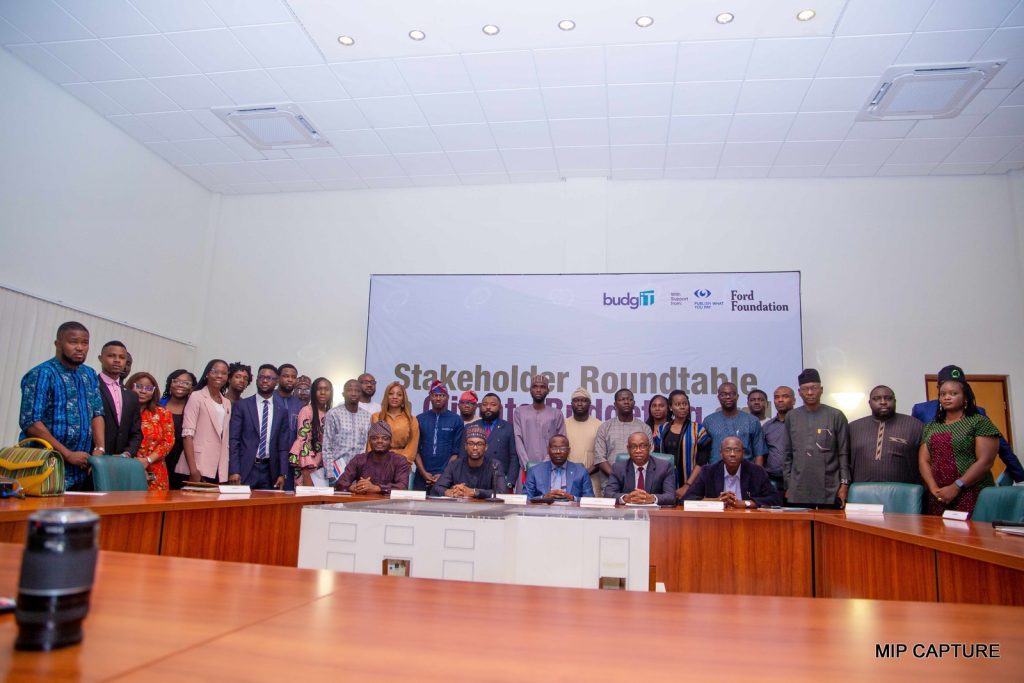“We are ready….” INEC told Nigerians.
The 1993 Nigerian election has been judged as the freest in the country’s history, and the 2023 presidential election was to be the second of its kind as many Nigerians prepared as they’ve never done before with 87,209,007 collected PVCs. You could catch the excitement, the hope, the anticipation and you might as well add the anxiety at every street corner. Globally, the international community and media had their lenses on the Nigerian polity. And as the days drew near, the tension and arguments and counter-arguments burned like an inferno. But did this election live up to its citizens’ expectations? It begs to ask, what went wrong?
BVAS: A mandate or just a menu?
To prevent the kind of human-based election cheating that has plagued Nigeria’s electoral processes in the past, INEC repeatedly assured Nigerians that the result transmission would and must be done using the BVAS (Bimodal Voter Accreditation System). These assurances boosted residents’ hopes to an unrealistic level and rekindled their faith in the possibility of a free and fair election.
With 484 days to the 2023 general elections, the commission lobbied for the swift passage of the Electoral Act Amendment Bill. It issued electoral guidelines that required transmitting results from the polling units, both of which would demonstrate a commitment to making the 2023 general election different and unprecedented.
By using the BVAS in by-elections with positive outcomes in Anambra, Ekiti, and Osun, the commission further bolstered the public’s faith in the electoral process, which many describe as the remarkable change Nigeria’s democracy needs. Unfortunately, INEC failed to keep these promises in the just concluded presidential and National Assembly elections.
“The speed is good and the authentication is good. The BVAS has never failed anywhere. We are going to transmit both the accreditation figures and the results on election day. We are giving assurance to Nigerians that on election day, both the accredited data and the actual votes cast will be transmitted simultaneously and accurately,” the INEC boss, Yakubu Mahmood, stressed. This was his failproof assurance to Nigerians while assessing activities at polling units in the Federal Capital Territory on Saturday, February 4, where voters’ mock accreditation was held.
Results Declaration: 4 Scenes, 1 Act
The BIG IDEA: Why do citizens have to wait for three days after the election before results were transmitted?
Over the years, Nigerians have had to wait days after an election for INEC to announce the results. In a supposedly democratic setting or, better still, like first-world countries, the situation should be different. More advanced countries like the United States of America leverage networks to determine the wave of an election within the first eight hours of voting. Based on this Civic Hive, BudgIT innovation arm launched a Situation Room that would transmit real-time election results from the local government to a publicly accessible website, https://liveresults.civichive.org/ to allow Nigerians to monitor the elections and demand transparency. The plan to transmit the results was also cut short because of delays in what many have said was the result of poor electoral arrangements.
“We came here with a lot of promise, but we are yet to find enough results at the LGA level. That’s 20 hours after the closing of voting in most polling units. The story of Nigeria,” Oluseun Onigbinde, BudgIT’s Global Director, tweeted.
What were the issues? What was the worry with IREV?
The failure of the INEC Result Viewing Portal (IReV) on election day was a betrayal many Nigerians did not predict or should have expected. It was a massive disappointment for excited citizens who felt that the country would witness a transparent electoral process for the first time in a long time. Apart from the late arrival of election materials and the no-show performance by INEC ad hoc staff as experienced by voters in some areas, Nigerians’ hope was further dashed when reality set in that the IREV could not make a difference. In many cases, the IReV portal was not working. In other instances, INEC ad-hoc staff refused to upload the election sheets. Where is the lie?
In addition, INEC’s manual tally of votes has been roundly panned for being riddled with errors. As some election officers were reportedly corrupted during the process, it is not surprising that many Nigerians are questioning the integrity and authenticity of INEC’s operations. The manual collation that INEC resorted to when the BVAS and IReV pledges fell through was a big defeat for Nigeria since it not only prolonged the announcement of election results but also generated great confusion among voters and political parties.
It’s safe to say that the 2023 presidential election was one of the most closely watched elections in recent history. Unfortunately, it was also marred by a number of issues that caused delays in the release of results. One major issue apart from the defective manual collation was the compromise of INEC staff at various levels which caused significant delays and raised questions about the integrity and credibility of Nigeria’s electoral process. It has been reported that numerous INEC staff members were bribed or otherwise compromised during both pre-election preparations as well as on Election Day itself. This included polling officers, collation officers, Electoral Officers, Returning Officers, and other personnel involved with conducting polls or tallying votes across Nigeria’s 36 states including Abuja FCT (Federal Capital Territory). In some cases, bribes were allegedly offered to manipulate voting figures while in others individuals simply accepted money for their silence regarding irregularities observed during polling activities such as multiple voting or non-verified voters casting ballots illegally. The result is an election where many people are questioning its legitimacy due to these reports of bribery and manipulation by certain individuals within INEC’s ranks who had access to sensitive information about how votes were tallied up nationwide. This led to long delays in releasing official results from certain areas which have only further stoked public suspicion over whether this year’s poll truly reflected Nigerians’ will accurately.
More so, as rightly predicted by human rights lawyer, Femi Falana, SAN, violence also marred the 2023 presidential election in the form of arson, assassinations (this, especially, happened days before the election), ballot-box snatching, coercion, forceful disruption, shooting, thuggery, and many others.
What then was different from the previous years? Nigerians didn’t fret. This time, they were ready. A live example of we die here. On February 25, 2023, a new Nigeria emerged. Should this be the new normal?
What Should INEC do Differently in the Gubernatorial Election?
No one expects it to be easy. If anything, deploying this exceptional feat for Nigeria can be anything but a walk in the park. There may be truth to the claim that INEC is heading in the right direction by insisting on the use of modern technology—BVAS and IReV. Still, unlike the presidential election, the gubernatorial election should be better.
At least, millions of anxious citizens will want to take their minds off the suspense of waiting 96 hours or more for INEC to reveal the election results. The scuffle for citizens to gain access to ONE website to feel the pulse of the election and monitor closely for when the wind shifts were priority one but this was soon met with disappointment as the website was not accessible to many. Why should this be the case? Even websites that are not being accessed by all of Nigeria have wider and more sustainable broadband, so why shouldn’t INEC?
Saying that INEC should be careful and exercise due diligence when deploying BVAS and IReV is no longer the issue since it was clear that this was not done well in the presidential election. Nevertheless, it’s worth repeating that a backend staff of high-tech experts is required to support the rollout of such technology. Many parts, especially outlying ones, do not have stable and accessible network coverage. Hence poor internet connectivity is a significant barrier to the implementation of the new election technology.
Beyond the 2023 Election – INEC needs to revise and restrategize its operations and logistic framework. The current approach for getting staff, security, and election materials to each polling unit is not working. During the presidential election, some PUs didn’t start voting until noon and in other locations, INEC staff conducted elections without an adequate security presence.
It should make sure that the results from each polling unit are uploaded immediately on the IReV portal after they are declared, signed, and certified. Despite assurances, on the contrary, not all polling units’ results were posted in real-time following conclusions and collations at the polling units, and those that got to the portal were incomplete, had polling unit officials’ photographs, or were otherwise unusable.
With the BVAS and IReV sorted, Resident Electoral Commissioners (RECs) are next on the agenda. When verifying election results, INEC places a great weight on the RECs’ verifications, on the assumption that they are trustworthy. But are they really? Their honesty is crucial to the credibility and integrity of the entire electoral process and should not be jeopardized in any way. They should not be COMPROMISED. Voters’ rights should not be violated and they should act with the utmost decency and moral rectitude. To discourage future incidents of election malpractice, INEC should probe not just its RECs but other staff members such as electoral officers at the councils, presiding supervisory officers, and ad hoc personnel. It is essential for future elections that all those involved with administering them act professionally at all times without any interference from outside parties attempting to influence outcomes through unscrupulous means like bribery or coercion. Only then can we ensure free, fair, transparent elections conducted according to trustworthiness so citizens can be sure their voices are heard when they cast ballots every four years.
“As we approach the Governorship and State Assembly elections, we must work harder to overcome the challenges experienced in the last election. Nothing else will be acceptable to Nigerians,” INEC said, again.
Many Nigerians hoped and dreamed that this election would be free, fair, and credible. Already, INEC has fallen our hands. The only way to repair this inefficiency and restore faith in the electoral process is to prove to Nigerians in the governorship and state house of assembly election that it, the electoral umpire, can live up to its words. Nigeria needs this now more than ever.
Contributors:
Temidayo Musa, Project Lead, RoadMap to 2023 Election Project.
Iyanu Bolarinwa, Ag. Head, Open Government Institutional Partnership.



